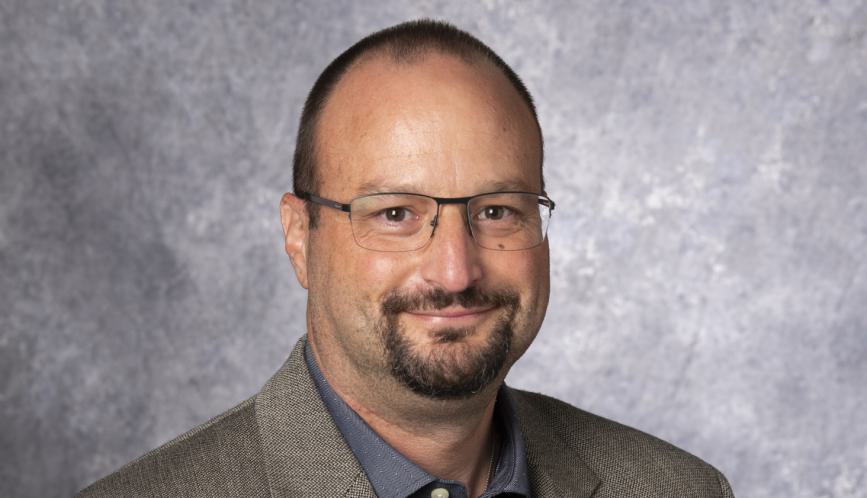MIP network member Daniel Millimet is the Robert H. and Nancy Dedman Trustee Professor in the Department of Economics at Southern Methodist University. He is also a Research Fellow at IZA, Senior Co-Editor of Advances in Econometrics, and Co-Editor of the Journal of the Association of Environmental and Resource Economists. His research focuses on the theory and application of microeconometric methods, particularly methods designed to estimate causal effects and deal with measurement error. His applications span a diverse set of topics in labor, environmental, and health economics, as well as international trade. Millimet received his Ph.D. in Economics from Brown University and B.A. in Economics from the University of Michigan.
Describe your area of study and how it relates to current policy discussions surrounding inequality.
I am interested in econometric methods that address missing data and other statistical challenges encountered by researchers. Much of my research focuses on addressing measurement error in survey data as well as identifying (or partially identifying) causal relationships from observational data. I have also worked on the problem of missing data in dynamic panel data models due to irregular time intervals in the data collection process. A running theme throughout my research is to raise awareness of the consequences of ignoring these data issues and to promote the adoption of econometric techniques that may limit these consequences.
In developing and applying econometric methods that address missing data, I have concentrated on issues that affect inequality. For example, I have examined the effect of measurement error on our ability to measure intra- and intergenerational income mobility and the dynamics of food insecurity within and across generations. I have also examined the impact of financial literacy on food insecurity among low-income households. Finally, I have assessed the role of missing data on the analysis of the dynamics of child health. Understanding the dynamics of income and health are critical for not only understanding the level of inequality at a point in time, but also inequality in lifetime outcomes.
What areas in the study of inequality are most in need of new research?
On the statistical side, we need to do a better job thinking about and accounting for the messiness of data. Griliches (AER, 1985) stated: “[A]ny serious data analysis has to consider at least two data generation components: the economic behavior model describing the stimulus-response behavior of the economic actors and the measurement model describing how and when this behavior was recorded and summarized.” Researchers focus too little on the latter, particularly in inequality research where, by necessity, we ask much of the data in order to say something about its entire distribution.
On the economic side, we need to do a better job connecting inequality and mobility, both intra- and intergenerationally. Inequality represents a snapshot in time. Understanding the causes and consequences of this inequality requires us to model not only how distributions change over time, but also how an individual’s place within the distribution changes over time. This brings us to issues related to mobility.
What advice do you have for emerging scholars in your field?
The beauty of empirical research is that it requires the researcher to understand and model human behavior and it requires rigorous statistical analysis of data. Focusing on one of these aspects, to the exclusion of the other, does not advance science. Acquiring new and useful knowledge requires both. This means that we cannot focus solely on the economics and ignore the inherent messiness of data. Researchers must keep abreast of statistical advancements and institutional details regarding data collection. Nor can we focus solely on the newest statistical toy without any understanding of the underlying economics issues. Randomized control trials, machine learning, structural modeling, etc. are wonderful, but they are means to an end. They are not the end themselves. Embrace both sides of research.



